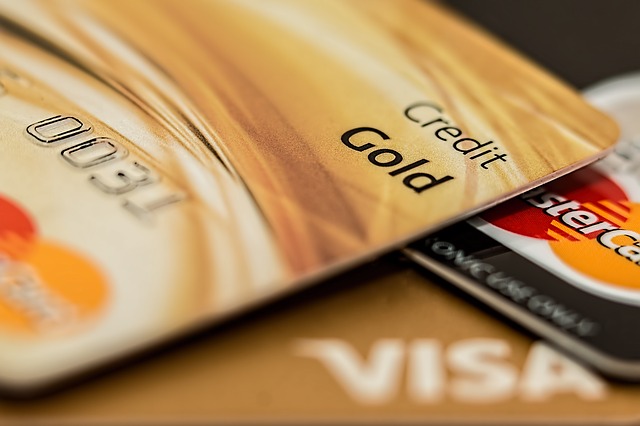A credit card is a powerful tool that not only helps you buy first and pay later but also allows you to track your spending and build good credit– provided, it’s managed well. So, whether it’s the first ever credit card you’re applying for, or opting for a balance transfer from your high-interest credit cards to one with a much lower APR, applying for a credit card should be a well-thought-out process.
Here are the Dos and Don’ts to keep in mind before you fill out that application form:
| What You Should Do | What You Shouldn’t Do |
|
Look-Up Your Credit: Credit card issuers will analyze your credit history before approving your credit card application. So prepare in advance by checking your credit report so that you would know your likelihood of approval. Errors in your credit information may jeopardize your chances. In case of any such errors, be sure to dispute them. |
Do not apply for too many credit cards: If you’re thinking that applying for multiple cards at the same time improves the chances of approval, you are completely mistaken. In fact, multiple inquiries will negatively impact your credit score and diminish the chances of approval. |
|
Research well: Not all credit cards are the same. Look for the type of card that best fits your needs. For example, if you’re looking for a balance transfer, then you should find a card that offers the lowest APR. If you don’t have a great credit score, there are specific options for poor credit scores. If you’re a traveler, a travel rewards credit card may be the best suited for you. So, consider your spending personality before applying. |
Do not dismiss the idea of an annual fee: While you may be tempted to reject cards that come with an annual fee, remember that these cards may provide a whole lot of other benefits including great rewards and cash back offers. For example, some cards come with an annual fee of about $75. However, there may be an attractive sign-up bonus of up to $150 on such cards. To evaluate the offer thoroughly before you decide. |
|
Check if you prequalify: Getting prequalified for a credit card does not mean that you have been approved or that you are guaranteed to get a credit card. But it means that the issuer has reviewed your credit history and found that you meet certain key eligibility criteria for the credit card. This makes it more likely that your application will be approved, provided you meet all other requirements. Prequalifying helps to relieve the uncertainty associated with the process, to a certain extent. |
Do not neglect your credit utilization rate: Lower credit utilization rates are a good indication to issuers that you have the ability to use credit responsibly. So try to keep your credit utilization under 30%. Similarly, avoid maxing out on your credit card. This causes a jump in your credit utilization rate, lowering your credit score considerably. |
| Understand the fees, terms, and conditions: There may be a number of perks, offers, or rewards associated with any credit card. But before you decide to apply for one, make sure you’re clear about the fees and charges that are applicable. |
Do not close your other accounts: Applying or qualifying for a new credit card does not mean that you should close all other cards. On the other hand, closing the oldest credit account can shorten credit history, thereby indirectly damaging your credit. |
Apply these simple guidelines to ensure you choose the right credit card and steer clear of trouble. To know about different types of credit cards click here.

